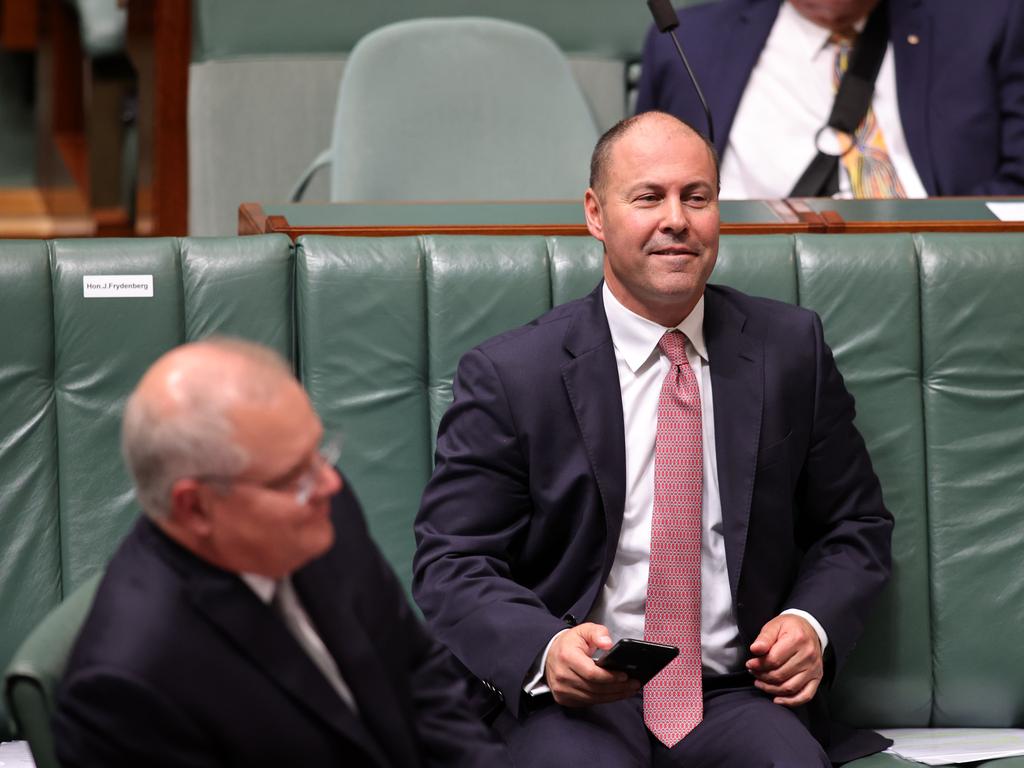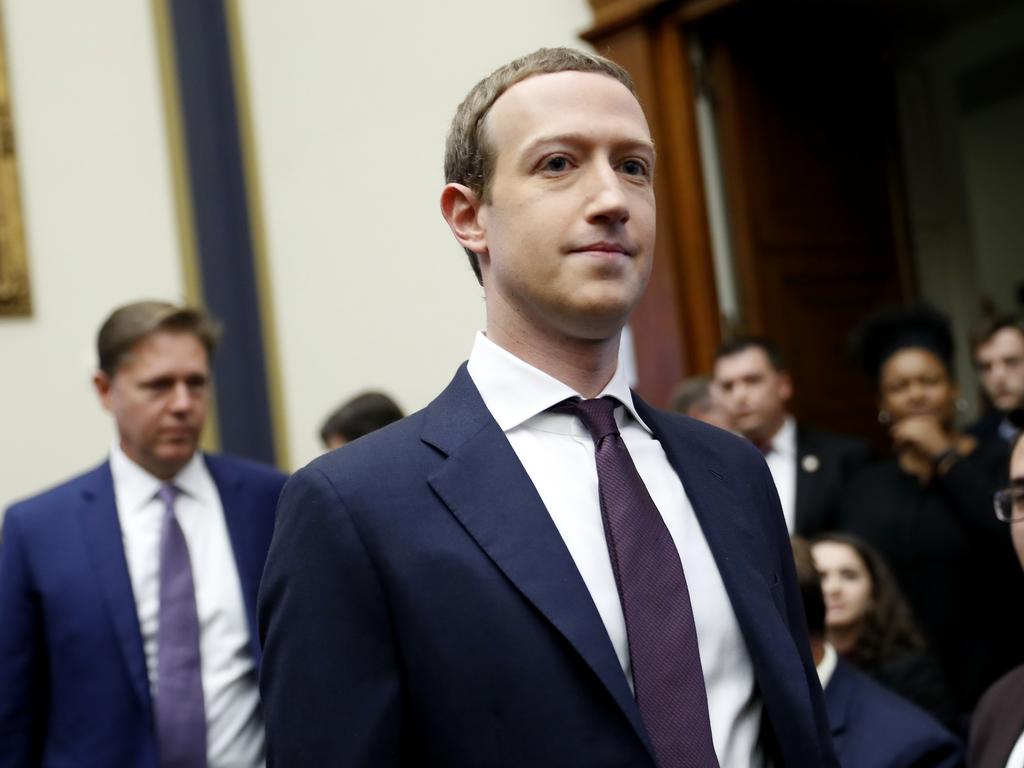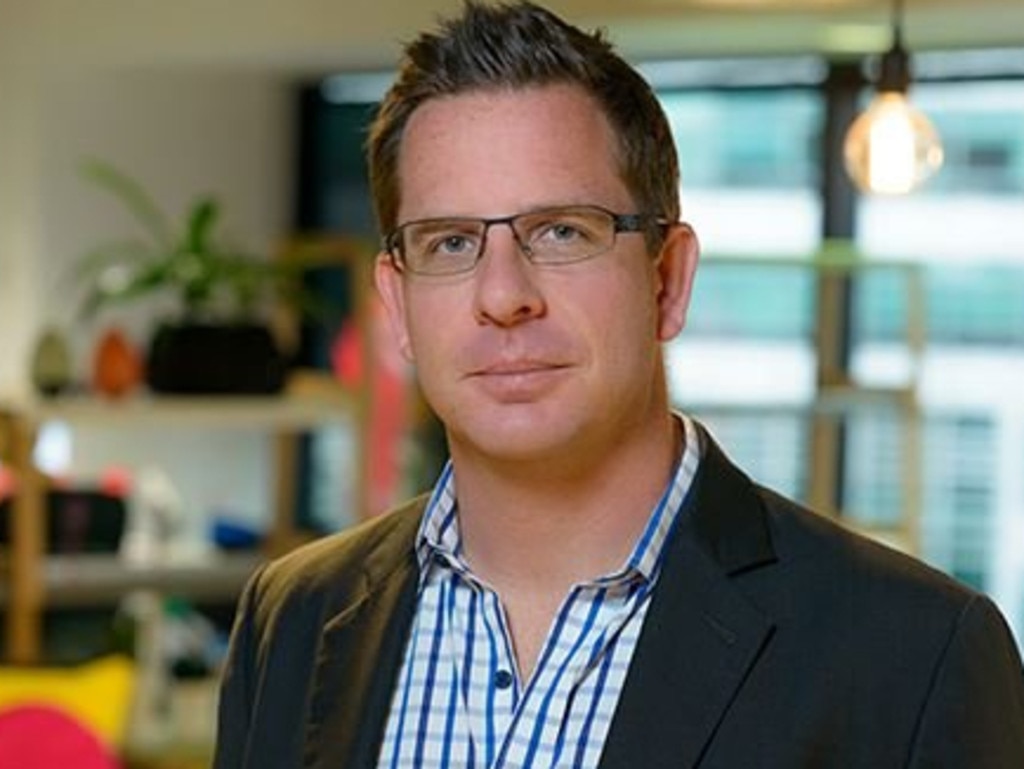By
Facebook has lifted its ban on news after it blocked Australian users and refused to pay media outlets for news content.
Facebook has lifted its ban on news after it blocked Australian users from sharing or viewing local or international news content, as a protest against paying for news.
The pages will return in coming days, and are as a result of ongoing discussions between the company’s boss Mark Zuckerberg and Treasurer Josh Frydenberg.
The tech giant has called a truce with the Morrison government, which is hopeful Facebook will now move quickly to sign commercial deals with news businesses.
Its move to ban news followed the passage of the News Media and Digital Platforms Mandatory Bargaining Code.
Mr Frydenberg has now reached an agreement with Facebook to amend the law – after days of negotiations with Mr Zuckerberg – which is expected to pass the parliament this week.
The changes will make it clear that the Treasurer’s decision to designate a platform to force it to negotiate with news outlets will depend on whether the platform has already reached commercial agreements with them.
Platforms will also be given one month’s notice if the government does intend to designate them under the code.


Facebook’s Australian chief Will Easton said the company was pleased to reach a deal.
“We have consistently supported a framework that would encourage innovation and collaboration between online platforms and publishers,” he said.
“After further discussions, we are satisfied that the Australian government has agreed to a number of changes and guarantees that address our core concerns about allowing commercial deals that recognise the value our platform provides to publishers relative to the value we receive from them.”
“As a result of these changes, we can now work to further our investment in public interest journalism and restore news on Facebook for Australians in the coming days.”

Facebook Australia boss Will Easton.
The multibillion-dollar tech giant shocked its 17 million local users with the sweeping bans last week that impacted emergency services, TV stations, charities, state government departments, satire sites and music bands.
Facebook was forced to reinstate the posts of government pages, including health departments and weather services, after the ban wiped posts with essential information.
Efforts in Australia to make Google and Facebook pay for news has garnered worldwide attention, creating what some call a defining moment for the web and for journalism, and even a litmus test for democracy.
The European Commissioner for digital services, who is helping draw up new EU rules for online business, backed Australia in its dispute with web giant Facebook on Monday.
Thierry Breton, Brussels’ top official for the EU internal market, said Facebook had been wrong to kick Australian media off its service in a row about paying for news.
Separately, US tech titan Microsoft joined European media in calling for EU members states to follow Australia in setting up a mechanism to ensure that news publishers are paid.
The European Union has also passed a rule requiring internet “gatekeepers” like Google or Facebook to negotiate fees for including news stories and links.
